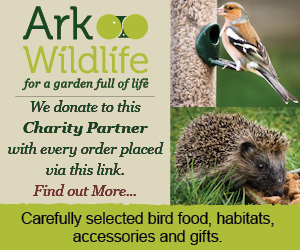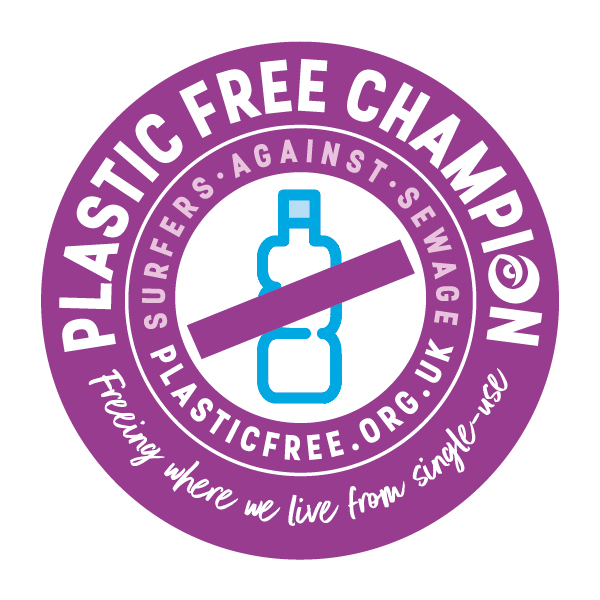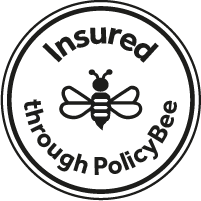So you want to set up as a wildlife rescue
think, think and think again...
Wildlife rehabilitators do not provide a warm place for animals to die. They learn to identify illness and disease, and learn how to provide appropriate supportive care. The biggest mistake most new rehabilitators make is looking everywhere but at themselves when an animal dies.
They should ask themselves whether this animal would have survived in a more experienced person's care, and then ask themselves why they didn't immediately get that animal to a more experienced rehabber. Are you willing to take responsibility for the death of an animal?
WildifeRehabbers.com
The information on this page is based on some extremely sensible advice found on the American web site, wildliferehabber.com. My thanks to them for making me realise just what darn hard work rescues actually do.
First off...

Cute isn't it?
But remember his life is in your hands.
Volunteering in any capacity is a big commitment, not only on your part but also on the part of all the people committed to providing you with training and support, and believe me, you'll need their help at very odd times.
Below is a list of questions to help you assess if this is the right field for you. They include the reasons that most new rehabbers give as the reason that they've decided not to get fully involved as a rescue facility. It's not a bad thing to change your mind, but you are not the only one making a big commitment.
Other people will be investing a lot of their personal time and energy into training you as you cannot go it alone. They may have to drop their plans in order to help you, or give up their few moments of 'me time'. We train new volunteers in hopes that they can eventually help alleviate our burden. Investing the time to train someone who failed to fully evaluate their ability to commit to volunteering and then quits in a short time makes our jobs harder, not easier.
Hopefully this self-assessment quiz will help prepare you. If you answer no to any of these questions, you may want to consider assisting a rehabilitator at their residence for a few months during baby season before taking on the full commitment of becoming a wildlife rehabilitator.
Answer honestly
If you kid yourself on these questions you will only end up harming the animals you would like to save, or find your own health suffering as you try to cope.
- Are you available to care for animals during the day?
- Is this your permanent residence?
- Can you set aside a room in your home that can be used exclusively for wildlife (away from your family and pets)?
- Can you set aside a portion of your garden that can be used exclusively for wildlife (away from family and pets)?
- Are you capable, or do you have access to someone who is capable of building cages?
- Are you prepared to invest the time necessary to become a surrogate parent (24/7 feedings up to 5 months at a time)?
- Are you familiar with sleep deprivation?
- Have you thoroughly reviewed any commitments that could change your ability to rehabilitate in the next 6 months (children's sports schedules, future employment, a potential move, elderly parents?)
- Are you aware that you will have to use your own funds during the course of rehabilitation?
- Do you think you can be creative in sourcing ways to get supplies for free or at a discount?
- Are you comfortable in approaching businesses for free or discounted supplies?
- Would you be meticulous about having clean cages?
- Are you comfortable with the fact that you will have to delay or find alternative ways to spend quality time with your family during the height of baby season?
- Have you truthfully shared the full scope of the level of commitment necessary to rehabilitate with your family?
- Rehabilitation is not a family activity or a learning experience for children. Not only is exposure to too many humans stressful to adult wildlife, it may condition juveniles that humans are not a threat. Is your family willing to lend you out to wildlife for several months each year?
- Is your family supportive in your endeavour?
- Are you prepared for the fact that your family and friends will probably NOT be supportive in your endeavour?
- We all started caring for wildlife without training. Our little "successes" are what brought us here today. But with the knowledge that we've acquired, we've come to accept the fact that most of our "successes" may not have survived long term. Are you prepared to completely forget everything you think you know about rehabilitation and learn to do it properly?
- Successful long-term rehabilitators understand that rehabilitation is not a volunteer position, it's a way of life that they have incorporated into their daily routine. Can you picture rehabilitation in your life five years from now?
- You are not only morally, but legally required to raise and care for wildlife as wild animals. Taming an animal can be done by any inexperienced person, but keeping an animal wild and prepared to survive long term on it's own takes pure skill. Are you prepared to overlook your needs to have an animal respond to you, and maintain enough (but not too much) emotional distance to keep it wild?
- Although rewarding, the process of rehabilitation is very emotionally taxing. You will initially be dealing with healthy orphans. But as you gain experience, you will be dealing with extremes of pain and suffering. Mistakes on your part will only make these situations worse. Are you emotionally prepared to take on this type of responsibility?
- Are you comfortable in recommending an animal that you have rehabilitated to be euthanized?
- Can you see yourself adminstering injections one year from now?
- Are you prepared to learn formulas of math that no normal person should have to learn?
- Have you thoroughly checked the release requirements, and are you fully prepared to utilize them?







